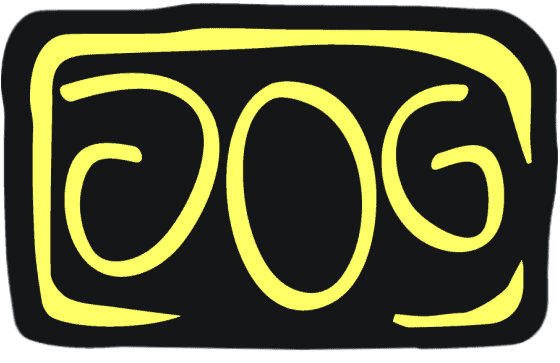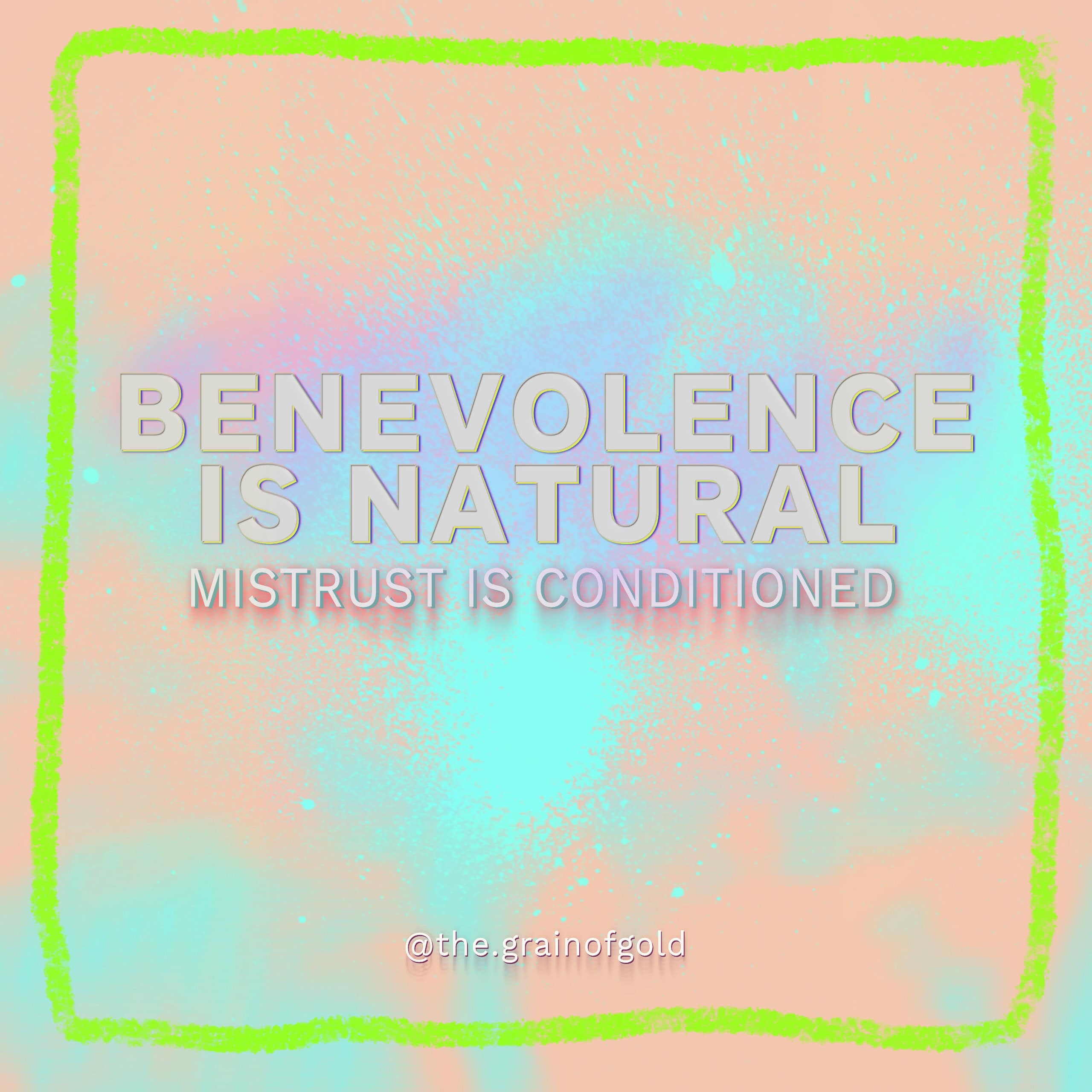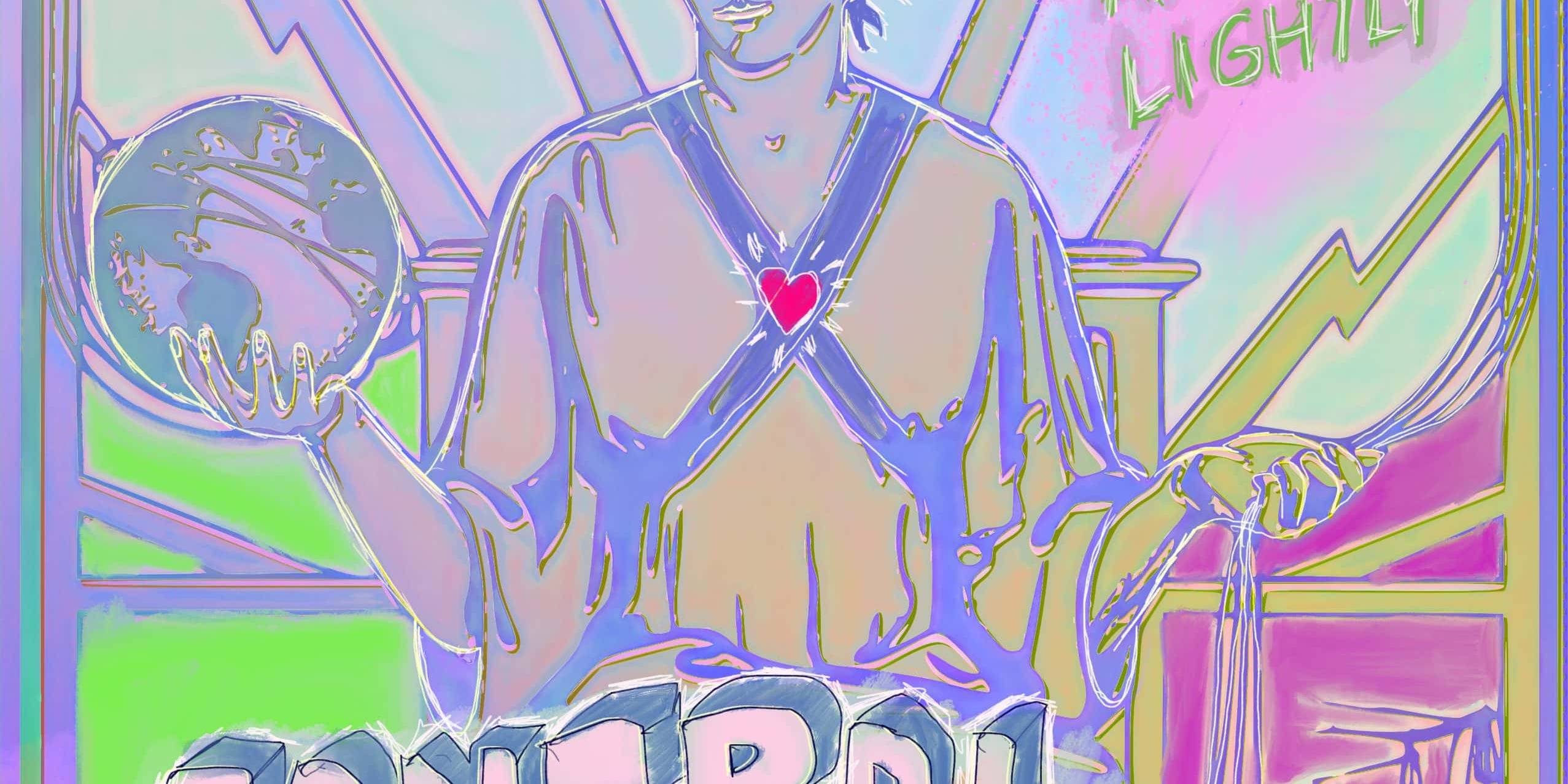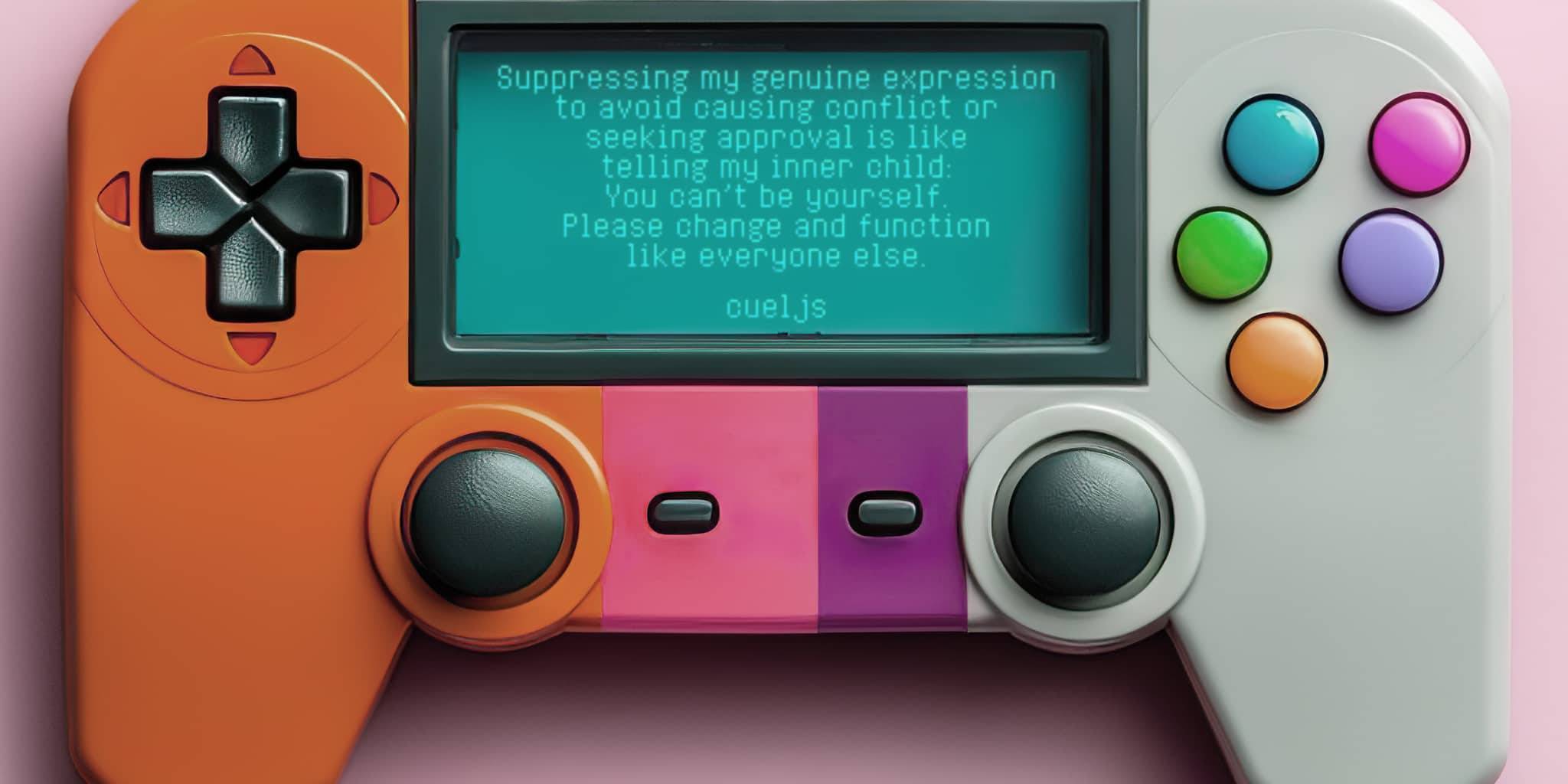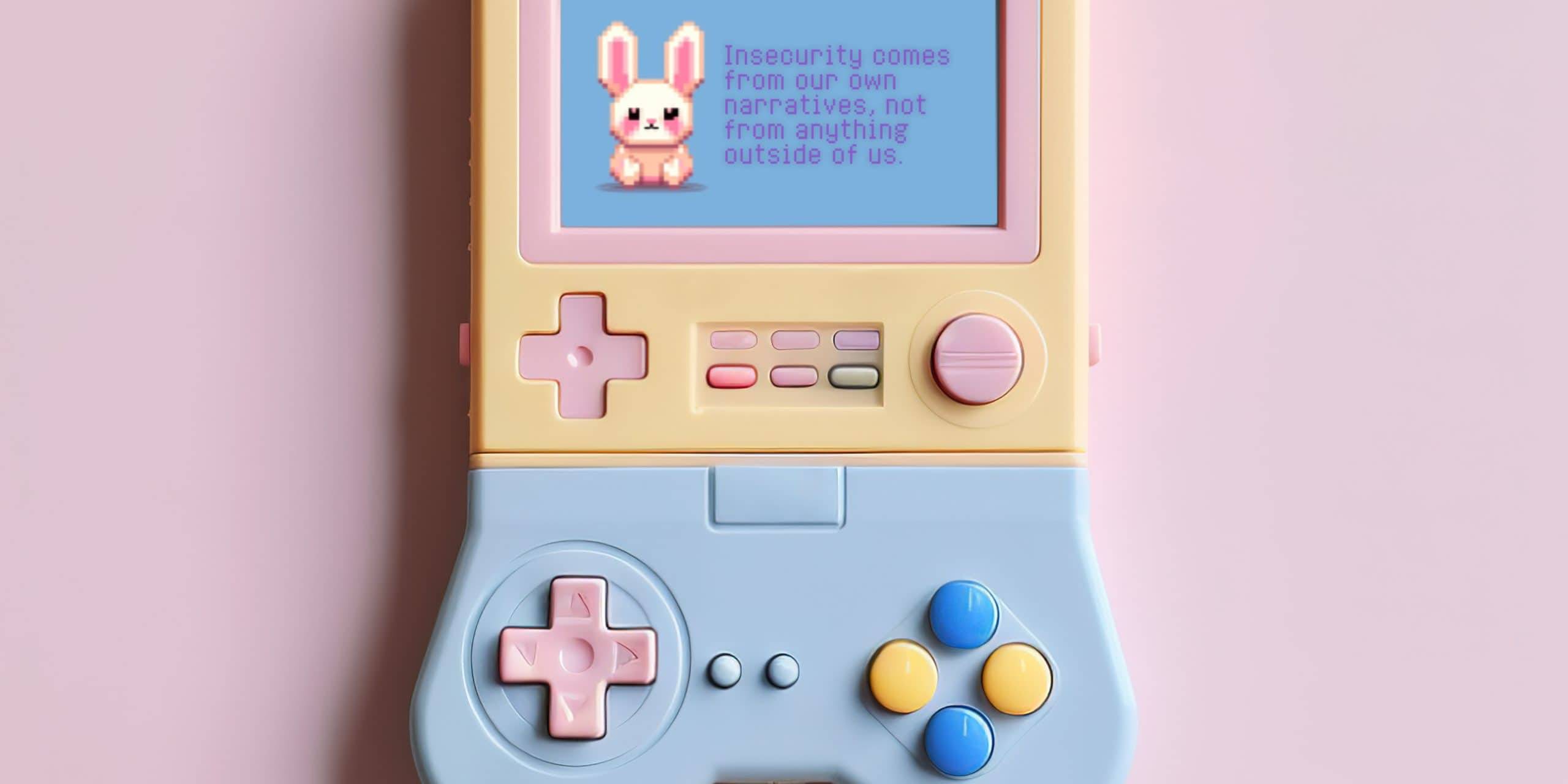Underneath mistrust lies our greatest power
We can easily see that when a dog has been mistreated, it may act aggressively and mistrustingly. Despite being born free, being chained and beaten becomes an ingrained conditioning.
If we can acknowledge that animals act out their conditioning and not necessarily their inherent nature, why do we struggle to recognize the same in human beings, especially children, who may have faced mistreatment?
The saying "hurt people hurt people" underscores that mistreatment continues until we acknowledge our actions.
While we may have moved beyond physically beating them, mistreatment does also come verbally, mentally and emotionally. Human beings can be “chained” and “beaten” without any physical intervention. We guilt, shame, coerce and make our children dependent without even noticing that this is cruelty. This can shatter their spirit, causing them to perpetuate the cycle of hurt onto others.
The saying “hurt people hurt people” underscores that mistreatment continues until we acknowledge our actions. On the contrary, loved individuals are empowered to spread love. By treating others with respect and care, we engage in trust and love. And in that trust lies an intimacy, an openness that allows us to really connect with another.
In that atmosphere our true nature radiates, – and that is naturally benevolent.
You may also like
Walking the tightrope – control vs. trust
The relationship between trust and control is like walking…
The high cost of loosing our inner child
Our inner child represents the vulnerable and authentic…
Where insecurities come from
We often have automatic, negative thoughts about ourselves.…
